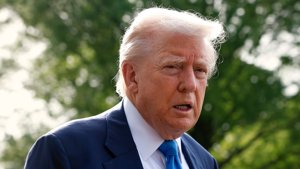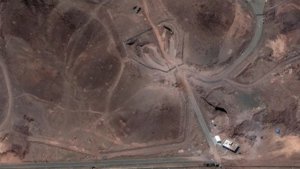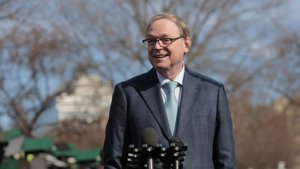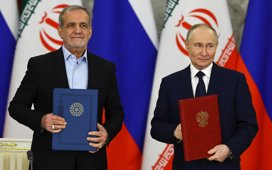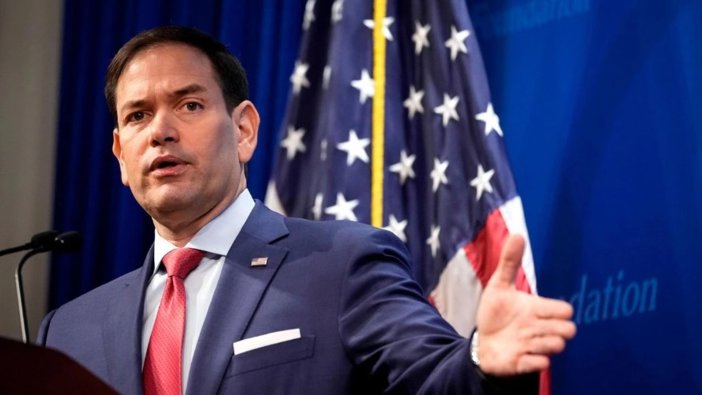
U.S. to Revoke Chinese Student Visas
U.S. to revoke visas of Chinese students tied to CCP or critical fields, citing national security risks.
Rubio Targets Foreign Influence in U.S. Academia
Secretary of State Marco Rubio announced Wednesday that the United States will begin aggressively revoking visas held by Chinese students, particularly those with ties to the Chinese Communist Party (CCP) or studying in sensitive academic disciplines.
Rubio stated the initiative will be carried out in coordination with the Department of Homeland Security and aligns with President Donald Trump’s broader national security agenda. The policy includes revising visa criteria and increasing scrutiny of all future visa applications from the People’s Republic of China and Hong Kong.
“Under President Donald Trump’s leadership, the U.S. State Department will work with the Department of Homeland Security to aggressively revoke visas for Chinese students,” Rubio wrote in a formal statement. The goal, he emphasized, is to curb potential CCP-linked espionage and undue influence within American academic institutions.
The visa crackdown follows ongoing congressional efforts to address foreign interference in education. In March, House Republicans introduced the Stop Chinese Communist Prying by Vindicating Intellectual Safeguards in Academia Act, or the Stop CCP VISAs Act. The proposed legislation aims to limit academic access to individuals suspected of advancing the interests of foreign authoritarian governments.
Senator Ashley Moody of Florida voiced strong support for the crackdown, referencing a Stanford Review report that exposed CCP-linked intelligence activity on a U.S. university campus. According to the report, an individual posing as a Stanford student was found to be gathering intelligence on behalf of the Chinese Ministry of State Security by targeting female students.
“How can we keep offering 300,000 student visas to Chinese nationals every year when we KNOW they are legally required to gather intelligence for the CCP?” Moody wrote. She emphasized that legislative action is needed to halt such activities, declaring, “We need to pass my STOP CCP Visas Act to protect our national security.”
New Penalties for Foreign Actors Who Censor Americans
Alongside the visa revocations, Rubio announced new restrictions on foreign individuals accused of suppressing American free speech. The new policy will deny visas to foreign officials and others deemed complicit in censoring U.S. citizens.
“Free speech is essential to the American way of life – a birthright over which foreign governments have no authority,” Rubio stated. He criticized past incidents where Americans were fined, harassed, or even prosecuted by foreign authorities for exercising their free speech rights.
The announcement reflects growing concerns within the Trump administration over foreign interference and ideological influence on U.S. soil, particularly within academic environments and the digital space. The policy marks a significant shift in how the U.S. government views and manages educational and cultural exchange programs with geopolitical rivals.
As new visa restrictions take shape, the State Department is expected to roll out specific guidelines and enforcement mechanisms. In the meantime, lawmakers continue to press for legislation that would codify these measures and strengthen protections for American institutions against foreign influence.

